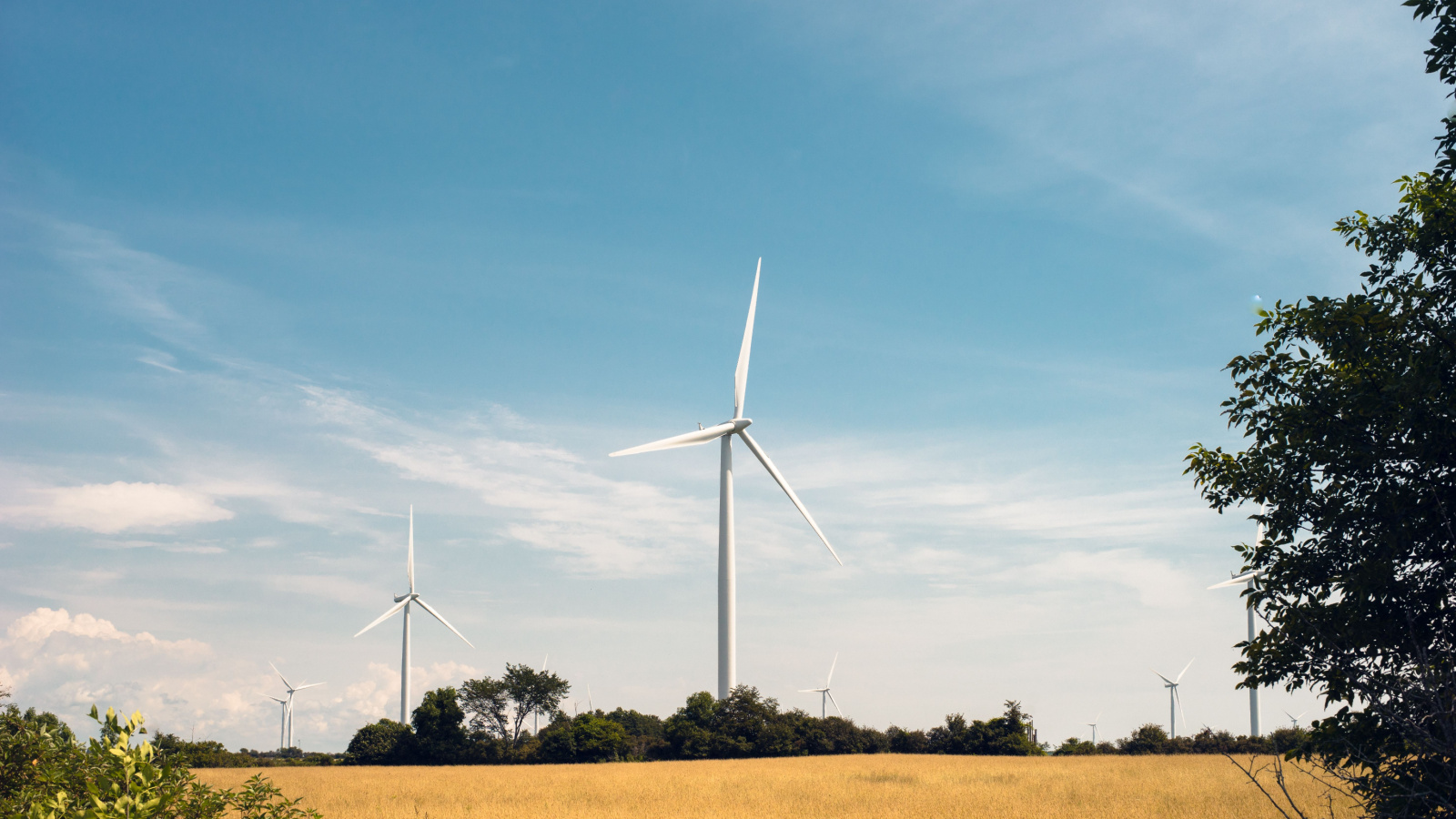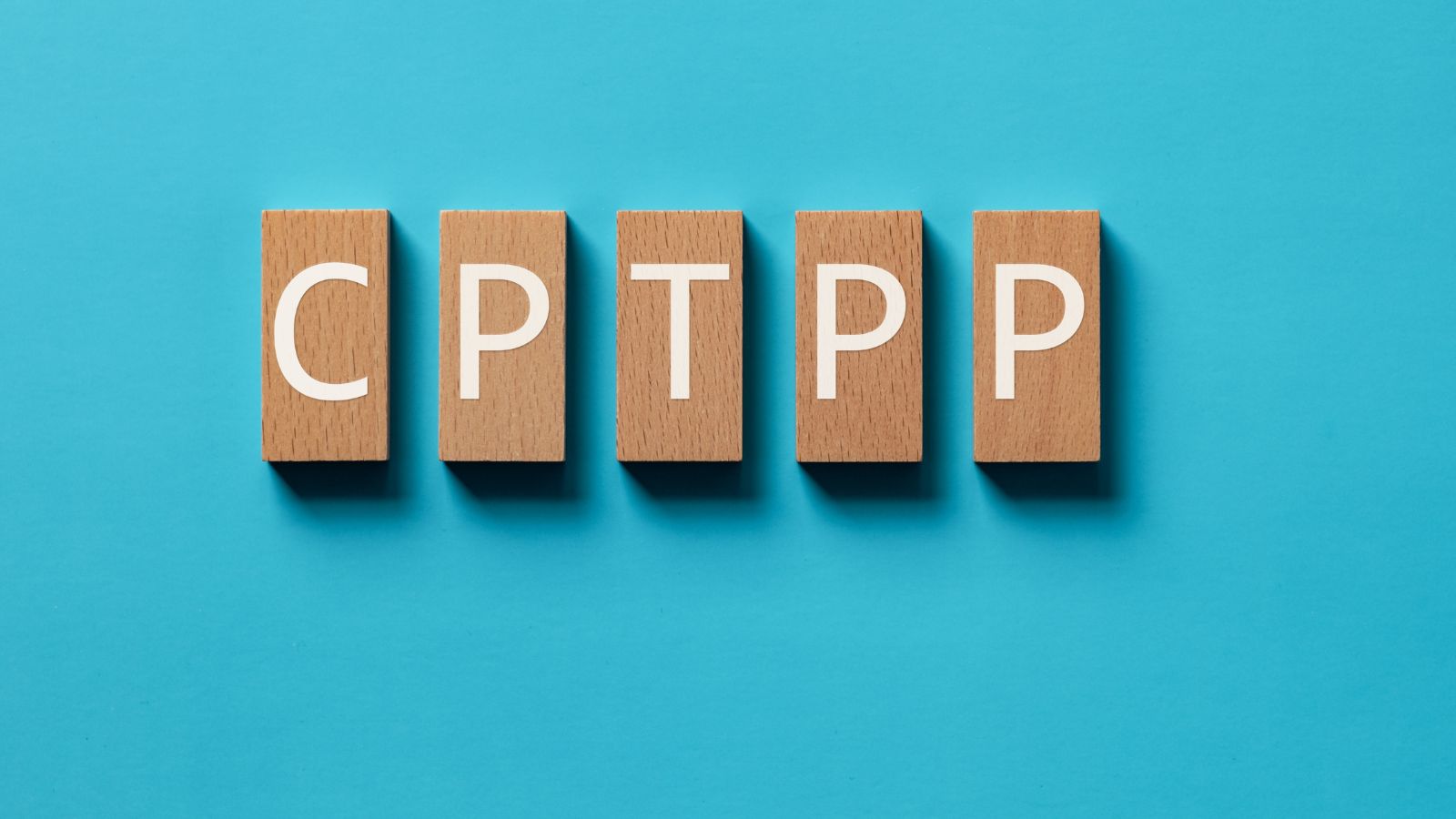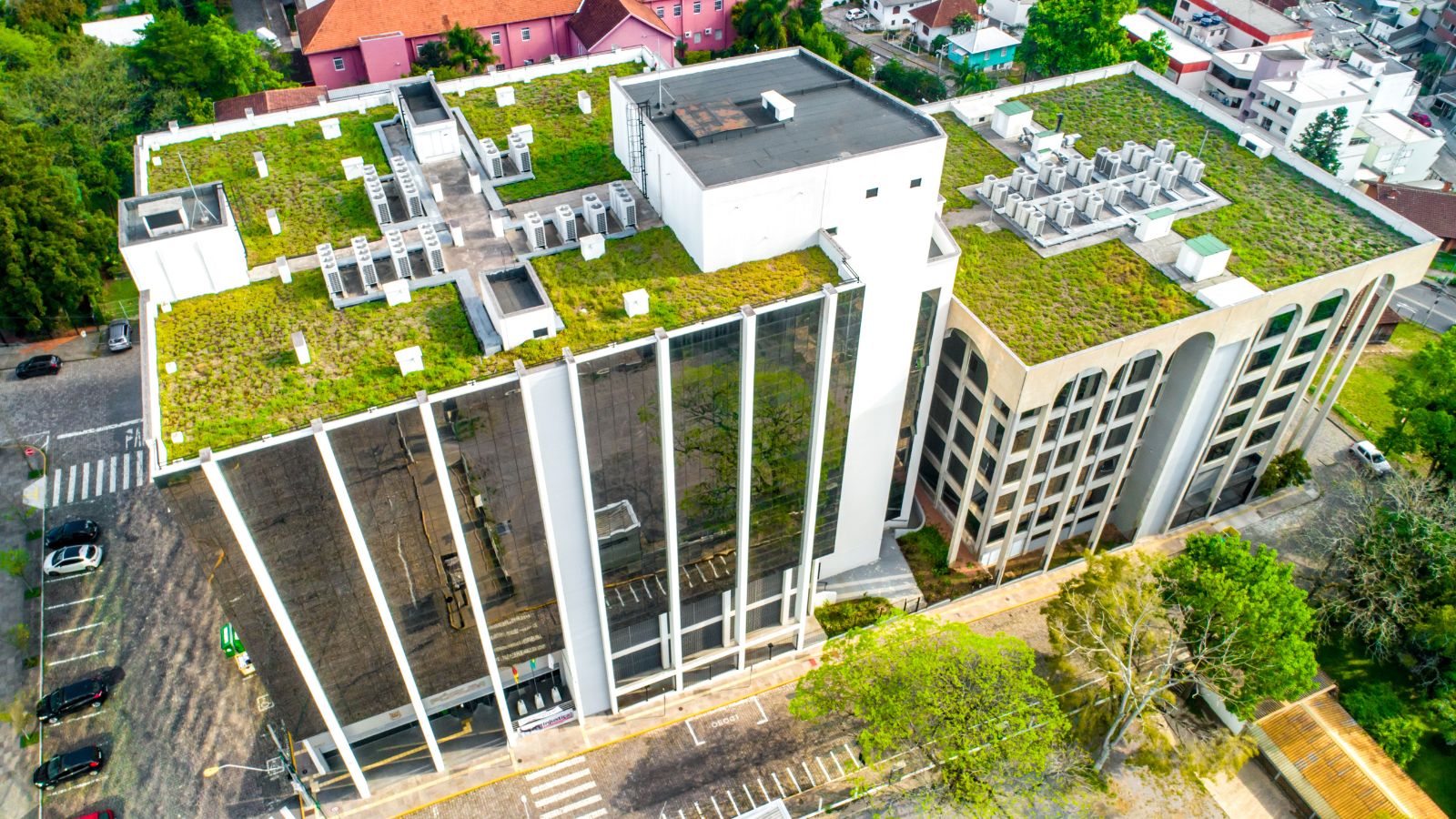From advancements in clean energy and artificial intelligence to leadership in diplomacy, Indigenous governance, and ethical resource management, Canada is emerging as a serious contender on the world stage. These shifts are not headline-grabbing, but they are steady, strategic, and globally relevant. Here are 24 Canadian trends that quietly signal a shift in global power.
Growing Influence in Climate Diplomacy

Canada is taking a more prominent role in international climate talks by advocating for accountability, transparent reporting, and nature-focused solutions. Its participation in global forums reflects a commitment to climate action rooted in science and long-term policy. As other major economies face criticism for slow progress, Canada is stepping in with practical proposals and diplomatic cooperation. This growing leadership in climate diplomacy helps position Canada as a country that can influence global environmental decisions while balancing economic and ecological priorities.
Expansion of Green Energy Infrastructure

Canada is rapidly developing its renewable energy sector through investment in solar, wind, and hydroelectric power. Both federal and provincial governments are funding grid upgrades, transmission lines, and clean power projects. These efforts support emission reduction goals while creating local jobs and modernizing outdated energy systems. Canada’s vast natural resources and engineering talent give it a decisive advantage in the global shift to green energy. As demand rises for sustainable power, Canada is becoming a key supplier and model for energy transitions.
Rise of Canadian AI and Tech Hubs

Cities like Toronto, Montreal, and Vancouver have become international centers for artificial intelligence and advanced technology. World-class research universities, strong public investment, and a growing network of startups support these hubs. Canada is not only developing cutting-edge applications but also leading conversations on AI ethics and governance. Companies such as Cohere and Deep Genomics reflect the country’s rising influence in global tech.
Leadership in Ethical Resource Extraction

Canada is setting new standards for resource industries by focusing on sustainability, transparency, and Indigenous consultation. Mining, forestry, and energy projects are increasingly expected to meet environmental and social criteria. Government regulations encourage low-impact technologies and better community engagement. Canadian firms operating internationally are also recognized for applying these standards abroad. This shift toward ethical resource extraction strengthens Canada’s reputation as a responsible global actor in industries usually linked with exploitation.
Increasing Role in Arctic Sovereignty

Canada is expanding its presence in the Arctic through research, infrastructure, and collaboration with Indigenous communities. As melting ice opens new trade routes and resource access, the region has become more strategically important. Canada is asserting its claims with investments in defense, science, and environmental protection. These actions support both national interests and global stability in a sensitive region. While many countries are just beginning to focus on the Arctic, Canada’s long-standing involvement and stewardship give it a leading role in shaping its future.
Strategic Investment in Public Transit

Canada is making significant investments in modern public transportation to reduce congestion and support sustainable urban growth. Cities like Ottawa, Calgary, and Vancouver are building new light rail systems, electrifying buses, and expanding commuter rail services. These projects improve air quality, increase mobility, and reduce reliance on cars. Transit funding is tied to broader goals like housing development and emissions reduction. By planning and focusing on integrated networks, Canada is emerging as a leader in innovative and inclusive transit design.
Global Appeal of Canada’s Education System

Canada’s universities and colleges are increasingly seen as world-class destinations for international students. Strong academic programs, post-graduation work opportunities, and clear pathways to residency make Canada a top choice for students from Asia, Africa, and Latin America. Institutions emphasize research, diversity, and real-world skills, preparing graduates for global careers. The education system also reflects Canadian values such as inclusion and critical thinking. As other countries tighten visa rules or raise costs, Canada’s welcoming academic environment continues to strengthen its international influence and economic reach.
Attracting High-Skilled Immigrants

Canada has built one of the most effective immigration systems for attracting highly educated professionals and entrepreneurs. Programs like Express Entry and the Global Talent Stream make it easier for skilled workers to settle and contribute to the economy. These policies fill labor gaps in sectors such as tech, healthcare, and engineering. By prioritizing long-term integration and offering permanent residency pathways, Canada maintains a competitive edge in the global talent race. This steady influx of skilled newcomers supports innovation, economic growth, and demographic balance.
Strengthening Indigenous Governance and Rights

Canada is taking steps to expand Indigenous self-government and recognize Indigenous legal and political systems. Agreements such as modern treaties and nation-to-nation frameworks are helping communities gain more control over land, education, and economic development. These changes reflect a growing commitment to reconciliation and long-term partnerships. By embedding Indigenous leadership in policy-making and resource management, Canada is creating a more inclusive and resilient society. This evolving governance model is gaining international attention as a path toward justice, sustainability, and cultural renewal.
Growing Presence in Global Trade Networks

Canada continues to expand its role in global trade through active participation in agreements like CUSMA, CPTPP, and CETA. These partnerships open access to major markets while promoting environmental and labor standards. Canadian exports are becoming more diversified, with growing demand for clean technology, agri-food, and digital services. Trade missions and diplomatic efforts also help Canadian businesses scale internationally. As economic power shifts globally, Canada’s stable institutions and reliable supply chains make it a trusted partner in a complex trade landscape.
Stable Banking and Financial Systems

Canada’s banking sector is known for being well-regulated, conservative, and highly stable. Unlike many countries that experienced major bank collapses or bailouts during financial crises, Canada’s institutions remained secure. Strong oversight, prudent lending, and customer protections contribute to public trust. The system also supports innovation, with fintech growth occurring within a secure regulatory framework. International investors and financial analysts frequently rank Canada among the most reliable environments for banking and capital markets.
Advancements in Quantum and Health Tech

Canada is making major strides in quantum computing, medical diagnostics, and biotechnology. Companies such as D-Wave, Deep Genomics, and AbCellera are leading breakthroughs in fields with global implications. These advances are backed by public funding, academic research, and cross-border partnerships. Canada’s focus on ethical standards and real-world applications gives its tech ecosystem a balanced foundation. With growing interest in secure computing and personalized medicine, Canada’s leadership in these sectors positions it as a key player in the future of science and technology.
Public Policy Leadership in Social Equity

Canada is increasingly recognized for integrating equity into its public policy decisions. From gender-based analysis in budgeting to targeted programs for marginalized communities, governments at all levels are adopting frameworks that aim to reduce systemic barriers. Social equity is considered not just a moral goal but a strategic one, shaping policies in health, housing, education, and employment. These efforts are helping Canada set a precedent in inclusive governance. As inequality becomes a growing issue worldwide, Canada’s proactive and data-driven approach to equity is gaining international attention.
Expansion of Multilingual and Multicultural Policies

Canada’s multiculturalism is not just cultural—it is embedded in policy and practice. Official bilingualism, immigration settlement programs, and inclusive education standards support a society where multiple languages and cultural identities can thrive. This approach helps newcomers integrate while preserving heritage, contributing to stronger communities and a more flexible workforce. Multicultural policies are supported across party lines and reflected in everything from media to public service hiring.
Canadian Cities as Global Talent Magnets

Cities like Toronto, Vancouver, and Montreal are attracting skilled professionals, entrepreneurs, and students from around the world. These urban centers combine strong public infrastructure with a high quality of life, making them appealing to international talent. Housing affordability remains a concern, but overall livability, safety, and cultural openness draw global attention. Public investment in innovation hubs and business-friendly policies also supports startups and tech growth. As urban talent becomes a key driver of economic influence, Canada’s cities are emerging as some of the most competitive in the global marketplace.
Growth of Canadian Clean Tech Exports

Canada is becoming a leading exporter of clean technologies, including carbon capture systems, renewable energy solutions, and green construction materials. These innovations support global climate targets and attract foreign investment. Government grants, research support, and international trade programs help Canadian firms scale their products abroad. Clean tech companies are expanding into markets across Europe, Asia, and the Americas. With climate change at the center of economic and diplomatic priorities, Canada’s export of sustainable technology is helping it gain both economic leverage and environmental credibility.
Participation in Peacebuilding and Conflict Mediation

Canada continues to play a quiet but respected role in peacekeeping, diplomacy, and international conflict resolution. While it no longer contributes large numbers of troops to peacekeeping missions, it invests in mediation, civilian support, and post-conflict recovery programs. Canadian diplomats are active in multilateral forums and often take on behind-the-scenes roles in fragile negotiations. This non-aggressive approach to international security reinforces Canada’s image as a trustworthy and stabilizing force.
Shaping Global Standards for Data Privacy

Canada is helping define global norms for digital privacy through its national laws, international collaborations, and leadership in ethical tech development. Regulatory frameworks like the Personal Information Protection and Electronic Documents Act (PIPEDA) are seen as models for balancing innovation and user rights. Canadian experts contribute to global debates on data ethics, cybersecurity, and cross-border data flows. Businesses operating in Canada often adopt best practices that influence operations abroad. As data privacy becomes a central issue in global policy, Canada’s measured and rights-based approach is being closely watched.
Surge in Cultural Exports and Media Influence

Canadian film, music, literature, and digital content are reaching broader international audiences. From Grammy-winning artists to critically acclaimed TV shows and Indigenous storytelling, Canada’s creative industries are gaining global visibility. Public funding through organizations like Telefilm Canada and the Canada Media Fund supports a steady pipeline of high-quality content. As cultural influence becomes a primary soft power tool, Canada’s ability to project its values and narratives abroad is increasing.
Increasing Role in Global Health Initiatives

Canada contributes significantly to global health through funding, research partnerships, and public health expertise. Institutions like the Canadian Institutes of Health Research and international collaborations on vaccines, nutrition, and disease prevention enhance Canada’s role in shaping global health outcomes. The country also supports programs through the WHO and GAVI, helping improve access to care in low-income regions. Canada’s health policies emphasize equity, science, and the public good. As global health challenges grow more complex, Canada’s long-standing leadership in this area signals expanding influence in humanitarian and policy circles.
Leadership in Sustainable Urban Planning

Canadian cities are implementing forward-thinking strategies for climate resilience, affordability, and livability. Initiatives include green building standards, mixed-use zoning, investment in transit, and urban forest planning. Municipal governments are adopting models that prioritize walkability, low emissions, and community well-being. Cities like Vancouver, Montreal, and Edmonton are frequently recognized for sustainability leadership. These efforts are helping Canada build urban environments that meet the needs of the future. As the global population urbanizes, Canadian models are being studied for their long-term sustainability and inclusive planning practices.
Public Investment in Scientific Research

Canada consistently invests in academic and applied research through programs such as the Canada Foundation for Innovation and tri-agency funding. These investments support breakthroughs in areas including clean energy, biotechnology, and advanced materials. Research institutions collaborate across sectors, ensuring knowledge reaches industry and policy-making. Canadian science is globally respected for its emphasis on evidence, collaboration, and public benefit. This approach strengthens the country’s global reputation as a knowledge leader. As science becomes more central to national strategy, Canada’s investment model stands out as balanced and effective.
Reputation for Transparent and Accountable Governance

Canada is widely regarded for its transparent institutions, independent judiciary, and low levels of corruption. Mechanisms such as public access to information, watchdog agencies, and financial disclosures help maintain public trust. Governance is guided by legal frameworks that emphasize the rule of law and ethical conduct. While no system is without flaws, Canada’s checks and balances create accountability across government. This transparency contributes to political stability and international credibility. In a time when governance is under scrutiny worldwide, Canada’s consistent approach earns respect on the global stage.
Steady Rise in Global Soft Power Influence
Canada’s soft power influence is growing through its diplomacy, education, culture, and values-driven policies. The country is seen as cooperative, inclusive, and peaceful, which strengthens its appeal to both allies and citizens of other nations. Its influence comes not from dominance but from leadership by example. Through development aid, immigration policy, global education programs, and international media presence, Canada shapes opinions and fosters goodwill. This form of power supports global partnerships and trust, reinforcing Canada’s position as a respected player in shaping global norms.
21 Products Canadians Should Stockpile Before Tariffs Hit

If trade tensions escalate between Canada and the U.S., everyday essentials can suddenly disappear or skyrocket in price. Products like pantry basics and tech must-haves that depend on are deeply tied to cross-border supply chains and are likely to face various kinds of disruptions
21 Products Canadians Should Stockpile Before Tariffs Hit

